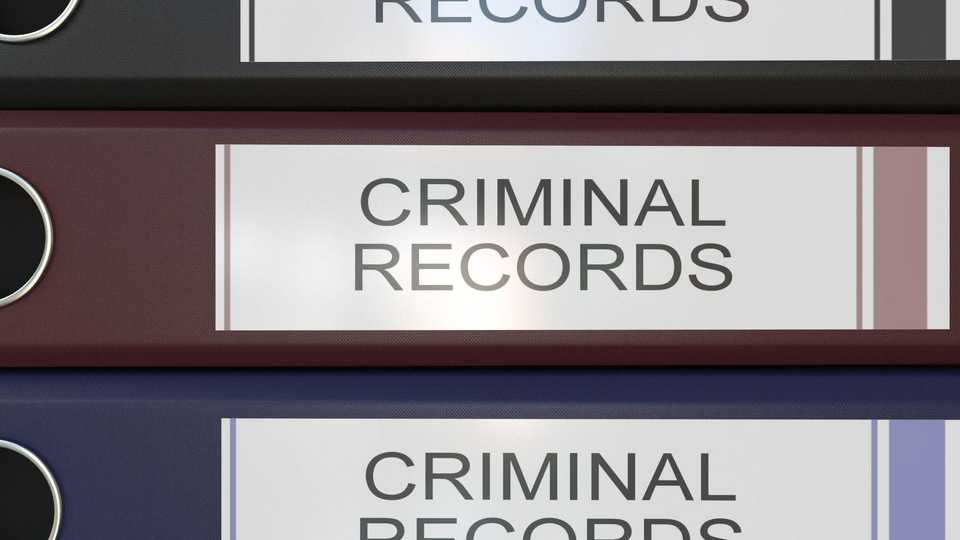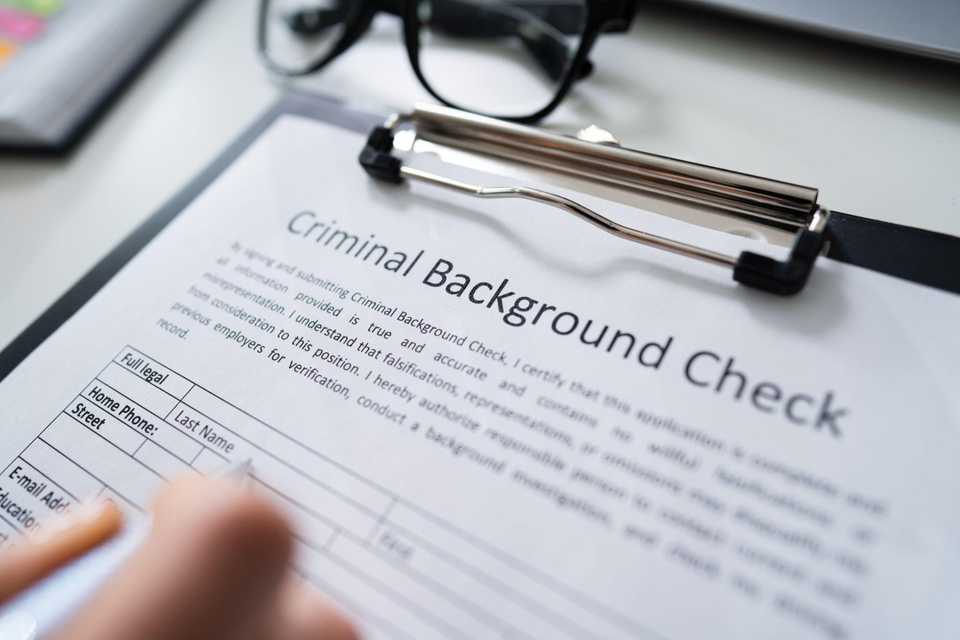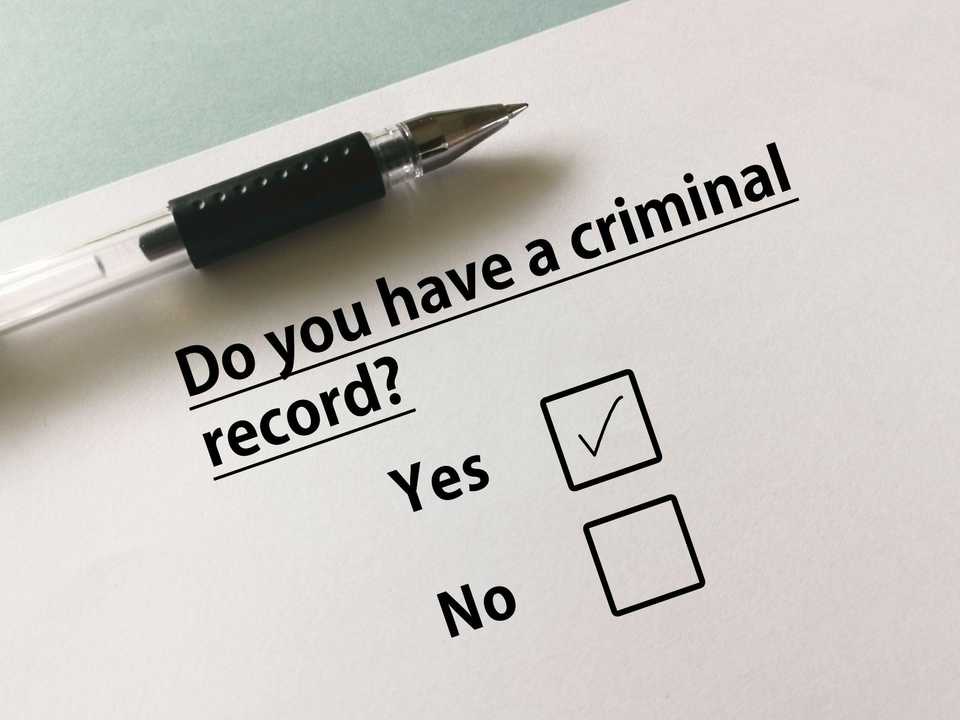Criminal record checks have become extremely common in the screening process for employment and volunteering opportunities.
These checks, commonly known as background checks, are essential tools for organizations to ensure the safety and integrity of their employees and volunteers.

In Ontario, the rules and standards for conducting these checks are mostly set out in a provincial piece of legislation: the Police Record Checks Reform Act.
Keep reading to learn more from JuriGo about the legalities of criminal record checks in Ontario, the types of checks available, and the rights of individuals undergoing these checks!
Understanding the different types of police record checks
A police record check is a search through police databases to gather information about an individual’s interaction with the criminal justice system. In many places, these checks are integral to the hiring process for various jobs, especially those involving vulnerable populations, for example.
There are three primary types of police record checks:
- Criminal record check: Discloses criminal offence convictions unless pardoned and findings of guilt under the Youth Criminal Justice Act. Summary convictions (less serious offences) are not disclosed if more than five years have passed since the conviction date.
- Criminal record and judicial matters check: Includes all elements of the criminal record check mentioned above. Additionally, it discloses absolute and conditional discharges (disclosed for one and three years, respectively), outstanding charges, and certain judicial orders. However, certain types of court orders, like those made under the Mental Health Act, are not disclosed.
- Vulnerable sector check: This is the most comprehensive check. It includes everything in the Criminal Record and Judicial Matters Check, and additionally discloses findings of not criminally responsible due to mental disorder, record suspensions (pardons) related to sexually-based offences, and in specific scenarios, non-conviction charges.
These checks serve as a precautionary measure, ensuring that individuals in positions of trust or authority do not pose a risk to the public, particularly to vulnerable groups like children and the elderly.
How the Police Record Checks Reform Act works
The Police Record Checks Reform Act is the legislative framework governing police record checks in Ontario. This Act standardizes the process and sets clear guidelines on what information can be disclosed. It ensures that police record checks are conducted fairly and respectfully, balancing the need for public safety with individual privacy rights.

| Under the Act, consent is a prerequisite for all types of police record checks. This means that individuals must be informed about and consent to the check before it is conducted. |
|---|
The Act also delineates the specific types of information that can be disclosed in each check. It provides a structured approach, ensuring that only relevant and necessary information is shared, thereby protecting individuals from unnecessary exposure of their personal information.
What is the procedure for obtaining a police record check?
Obtaining a police record check in Ontario involves a straightforward process. Individuals can request these checks from municipal police services, First Nations police services, the Ontario Provincial Police, or authorized private businesses. The process includes:
| Step 1: Consent | The individual must give written consent for the specific type of check being requested. |
|---|---|
| Step 2: Application | The applicant must complete an application form, which is usually available online or at the police service office. |
| Step 3: Identification | Valid identification is required to process the request. |
| Step 4: Payment | Except for certain cases, such as volunteer checks, a fee may be charged for the service. |
It’s important to note that the results of the police record check are first released to the individual, allowing them to review the information for accuracy before it’s shared with a third party.
What are your rights and protections under the Act?
The Police Record Checks Reform Act enshrines several rights and protections for individuals undergoing these checks. Some key rights and protections among these include:
- Protection of sensitive information
- Certain types of information, such as mental health contacts that did not result in charges, or being a victim or witness of a crime, cannot be disclosed.
- Direct release of results
- Results of a check are first released to the individual, ensuring they have an opportunity to review and confirm the accuracy of the information before it is shared with a third party.

- Youth records
- If youth records are disclosed, they are provided as a separate document and should not be shared further.
- Correction of records:
- Individuals have the right to request corrections if they believe there are errors in their record.
- Reconsideration of non-conviction information:
- If non-conviction information is included in a Vulnerable Sector Check, individuals can request a reconsideration of this decision.
These provisions are designed to respect the privacy and dignity of individuals, ensuring that their rights are protected throughout the process.
Special consideration for volunteers
For volunteers in Ontario, the Police Record Checks Reform Act offers specific considerations. Recognizing the valuable contribution of volunteers, the Act provides for free criminal record checks as well as criminal record and judicial matters checks for volunteers. This helps remove financial barriers for individuals wishing to volunteer, thereby encouraging community participation.
Volunteers can also request up to five free copies of their police record checks, provided they make this request at the time of the initial application. However, it’s important for volunteers to note that if they request a police record check through a private business, they would not be eligible for the free checks provided under the Act.
Responsibilities for organizations and exemptions
Organizations that request police record checks have certain responsibilities, such as ensuring that their screening process is consistent with the Ontario Human Rights Code and other relevant legislation. This responsibility includes only requesting police record checks that are pertinent to the position and respecting the privacy and rights of individuals.

The Act also outlines specific exemptions. For instance, certain types of checks are exempt from the Act’s provisions in contexts like child custody or adoption applications, screening for roles in the education and justice sectors, and certain contexts related to securities markets.
What are the consequences for violating the Police Record Checks Reform Act?
This Act contains an enforcement section that stipulates the consequences for certain violations and outlines what constitutes an offence, as well as a corresponding penalty:
- Offence:
- Under Section 19(1), the Act specifies that a person or organization that willfully contravenes specific sections of the Act (sections 5, 8, 9, 10, 11, 12, or 13) is guilty of an offence.
- These sections cover a range of activities, including the improper request or conduct of police record checks, the unauthorized disclosure of information from such checks, and the misuse of information obtained through these checks.
- Penalty:
- Section 19(2) serves as a deterrent, stating that a person convicted of an offence under the Act is liable to a fine of not more than $5,000.
How a criminal lawyer can help you succeed
Criminal record checks are meticulously regulated and, given their complexities and legal implications, it is always recommended to seek professional legal advice to help you understand your rights.

Whether you're an individual undergoing a check or an organization conducting one, legal expertise can be invaluable in ensuring an individual’s rights and obligations are adequately addressed. To connect with a criminal law lawyer near you, simply fill out the form below.
JuriGo offers this matching service free of charge and without obligation, providing a seamless way to access legal expertise tailored to your needs!